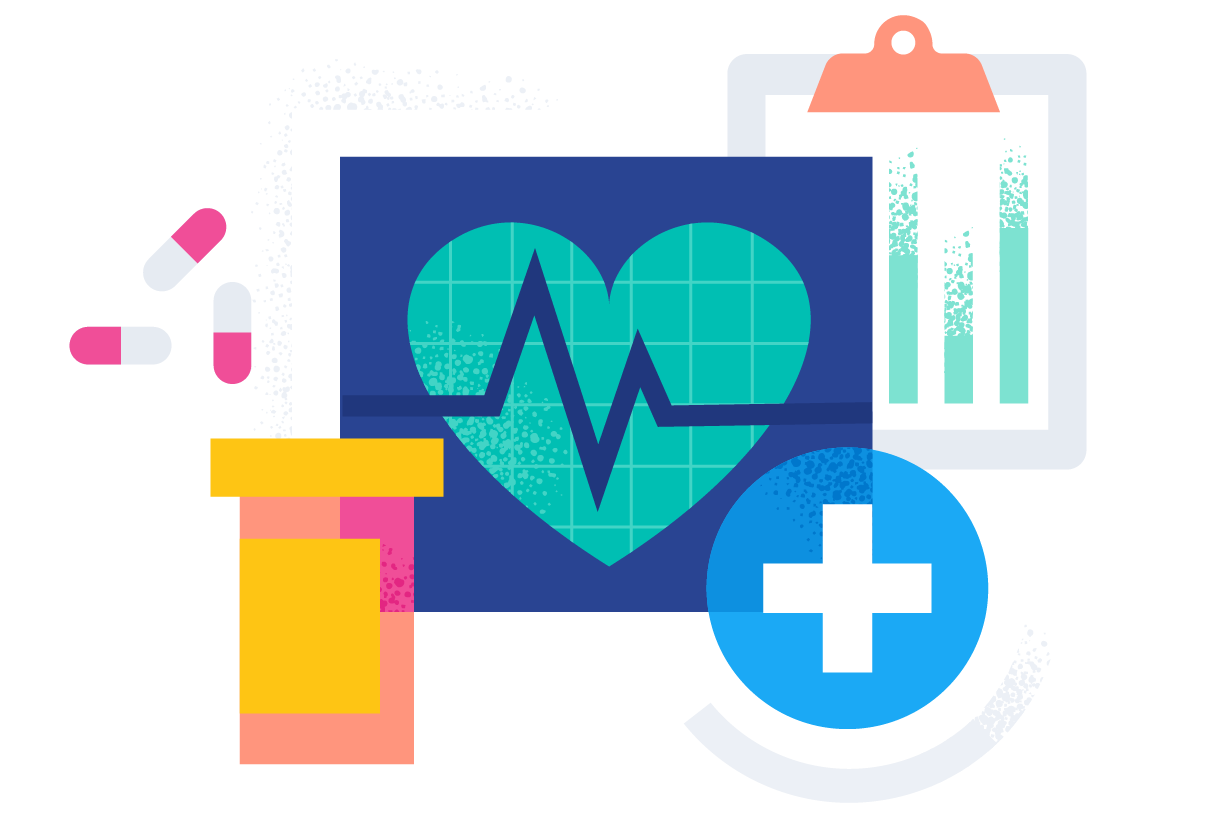Healthcare RCM: Enhance Revenue Cycle Administration for Better Outcomes
Healthcare RCM: Enhance Revenue Cycle Administration for Better Outcomes
Blog Article
Comprehending the Function of Medical Care RCM in Enhancing Economic Efficiency and Person Satisfaction
Browsing the complexities of Healthcare Earnings Cycle Administration (RCM) is important for accomplishing ideal economic performance while simultaneously boosting individual complete satisfaction. As we discover the transformative possibility of RCM, inquiries concerning its tactical implementation and future advancements bid, promising understandings that could redefine market criteria and person experiences alike.

Trick Components of RCM
In the complex landscape of medical care, Income Cycle Management (RCM) is critical in making certain financial security and functional efficiency. Patient registration and qualification confirmation are fundamental steps, making sure that exact individual details is captured and insurance protection is verified before services are made.

Fee capture is one more important component, involving the exact recording of solutions supplied to clients. It ensures that all billable solutions are made up, thus taking full advantage of profits capacity. Concurrently, medical coding translates patient experiences right into standard codes, which are crucial for invoicing and regulatory compliance.
Insurance claims submission and monitoring comply with, involving the preparation and submission of cases to payers. This process calls for thorough interest to detail to minimize mistakes and stop hold-ups. Rejection monitoring is an aggressive strategy to solve and deal with denied claims, protecting revenue streams.
Lastly, repayment posting and patient collections complete the cycle, making certain settlements are accurately tape-recorded and outstanding equilibriums are sought. With each other, these elements develop a robust structure that supports the functional and financial wellness of healthcare companies.
Effect On Financial Performance
Effective Revenue Cycle Monitoring (RCM) significantly influences a health care company's monetary efficiency by maximizing money flow and reducing profits leak. RCM encompasses the extensive payment and collection processes that make sure doctor efficiently handle their monetary purchases from person registration to final repayment. By enhancing these procedures, companies can lessen refuted claims, expedite payment cycles, and enhance general monetary health and wellness.
Monetary performance is improved via thorough monitoring of billing procedures, which includes accurate coding and timely entry of insurance claims. This lowers the likelihood of claim rejections and denials, which can significantly impede profits flow if not resolved immediately. Additionally, integrating advanced technology services assists in real-time monitoring of cases and financial metrics, giving healthcare managers with the tools required to make enlightened calculated choices.

Enhancing Individual Complete Satisfaction
While optimizing financial performance is a key objective of Revenue Cycle Management (RCM), it also plays a critical function in enhancing patient satisfaction. By reducing administrative worries, RCM permits medical care suppliers to concentrate much more on client care, which straight enhances client complete satisfaction.

RCM likewise improves client satisfaction via reliable interaction. By keeping a detailed database of patient details, RCM assists in enhanced communication in between individuals and doctor, ensuring people feel informed and valued. This openness and availability foster a favorable individual experience. In general, reliable RCM application not only enhances monetary outcomes yet also dramatically adds to a patient-centered healthcare atmosphere.
Strategies for Efficient RCM
Attaining effective Profits Cycle Monitoring (RCM) requires health care companies to implement a set of calculated methods that ensure economic security and operational efficiency. One crucial approach is the adoption of technology-driven solutions, such as incorporated software program platforms that enhance payment procedures, reduce errors, and improve information precision. These systems make it possible for real-time monitoring of financial metrics, permitting prompt identification and rectification of ineffectiveness.
An additional approach is the standardization of procedures throughout the revenue cycle. Healthcare RCM. This involves developing consistent policies for patient registration, insurance verification, and claims processing. By ensuring that all staff stick to these standards, organizations website here can minimize discrepancies and expedite payment collections
Staff training and development additionally play a crucial duty in efficient RCM. Well-trained workers can efficiently browse intricate payment treatments and guidelines, minimizing denials and improving capital. Regular updates on policy adjustments and finest practices help keep a experienced and qualified labor force.
Future Trends in RCM
As health care companies improve their Revenue Cycle Monitoring (RCM) techniques with modern technology and standardized procedures, attention is currently turning in the direction of the future fads shaping this critical area. One substantial trend is the assimilation of synthetic knowledge (AI) and artificial intelligence to automate complex tasks, such as cases processing and predictive analytics. These modern technologies are expected to minimize mistakes, accelerate deal times, and give data-driven insights for much better decision-making.
In addition, the shift towards value-based treatment remains to influence RCM techniques - Healthcare RCM. Healthcare carriers are expected to increasingly concentrate on person outcomes and contentment, requiring RCM systems that can suit brand-new reimbursement versions. This shift will certainly need more extensive data collection and evaluation to efficiently determine and report on performance metrics
Interoperability is another arising concern, as seamless data exchange between disparate systems ends up being vital. Boosted interoperability will facilitate even more exact client information sharing, lowering management burdens and boosting the person experience.
Final Thought
Healthcare Profits Cycle Administration (RCM) considerably affects both monetary performance and individual fulfillment by optimizing payment processes, making certain exact coding, and enabling punctual claims entry. Efficient RCM reduces earnings leak and accelerates money circulation, minimizing case denials and quickening payments.
Browsing the intricacies of Health care Earnings Cycle Management (RCM) is crucial for accomplishing optimum financial performance while simultaneously elevating individual satisfaction. RCM includes the thorough billing and collection processes that make certain healthcare suppliers efficiently manage their economic transactions from person enrollment to last repayment. By reducing administrative burdens, RCM permits healthcare providers to concentrate much more on individual treatment, which straight boosts patient fulfillment.
By keeping a thorough data source of patient information, RCM helps with enhanced communication between clients and health care suppliers, making certain people really feel educated and valued.Medical Care Earnings Cycle Monitoring (RCM) dramatically affects both economic efficiency and individual fulfillment by enhancing invoicing processes, ensuring precise coding, and enabling punctual cases entry.
Report this page